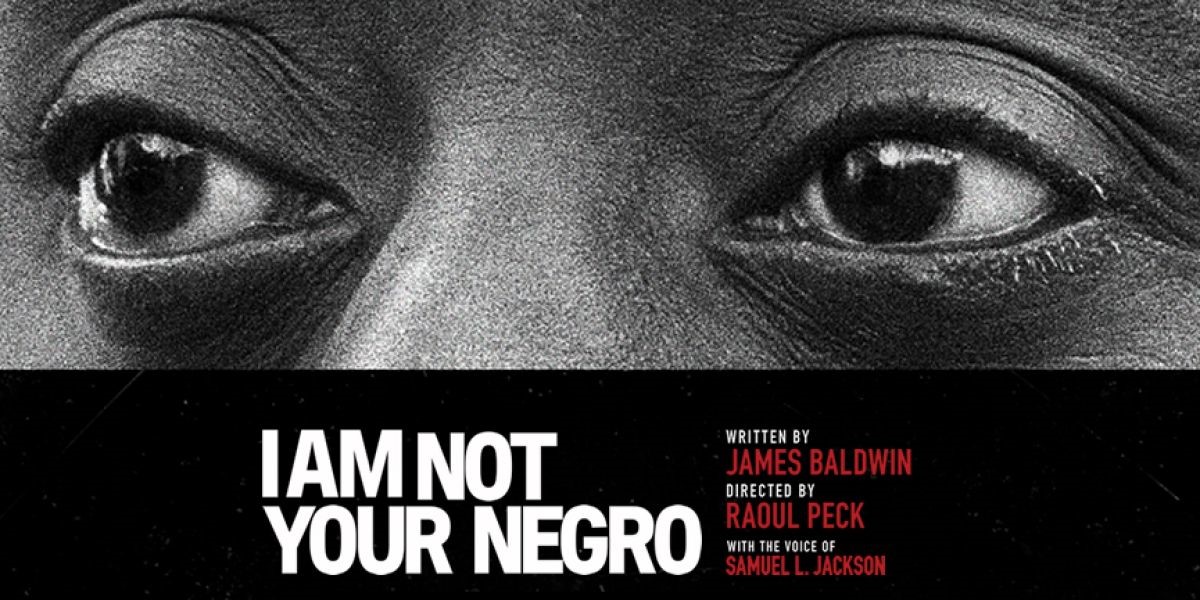
Raoul Peck’s documentary brings James Baldwin’s words to an America that needs to listen.
By Margaret Hicks
Staff Writer
“I Am Not your Negro” is a Magnolia Pictures release, directed by Raoul Peck, starring the late James Baldwin via archived footage and the voice of Samuel L. Jackson. This documentary was released in the Unites States February 3, 2017 and will open at Circle Cinema, 10 S. Lewis, Tulsa, Okla., on Friday, February 24, 2017.
This film is based on the unfinished 1979 manuscript, “Remember this House,” a book which Baldwin began that would tell his story of America through the lives of three of his close friends, civil rights leaders Medgar Evers, Malcolm X and Martin Luther King, Jr. In writing this book, Baldwin said he wanted “the lives of these three men to bang against and reveal each other, as in truth they did.”
This film is not about Baldwin, but about America’s ongoing racial problem. The statement that it makes is still appropriate for today.
At the time of his death Baldwin had completed only thirty pages from which Peck crafted this film.
Narrated in somber tones by Samuel L. Jackson, Baldwin’s words remain distressingly resonant as he describes resentment, anger and insensitivity blacks endure on a regular basis, and also speaks affectingly about the inspiration and dedication of his three friends.
Baldwin, like many Africans born in America, was disillusioned by America’s treatment of African Americans and chose to distance himself from the land of his birth and moved to Paris in 1948.
This film has been called “brilliant” by many columnists. Miami Herald’s Leonard Pitts, Jr., winner of the 2004 Pulitzer Prize for commentary said it so simple, “It is nothing less than a masterpiece, fully deserving of its rave reviews and Oscar nomination and it demands to be seen more than once. Trying to absorb everything it has to say in one sitting is like trying to catch Niagara in a teacup.”
Although the title appears to be Baldwin’s words, however, Baldwin did not say “I Am Not Your Negro.” What he said, unequivocally, is “I am not a nigger” and challenged white people to “try to find out in their own hearts why it was necessary to have a nigger in the first place, ‘cause I’m not a nigger, I’m a man. But if you think I’m a nigger it means you need him and you have to find out why…and the future of the country depends on that.”
On opening night at Circle Cinema, there will be a panel discussion following the film.










